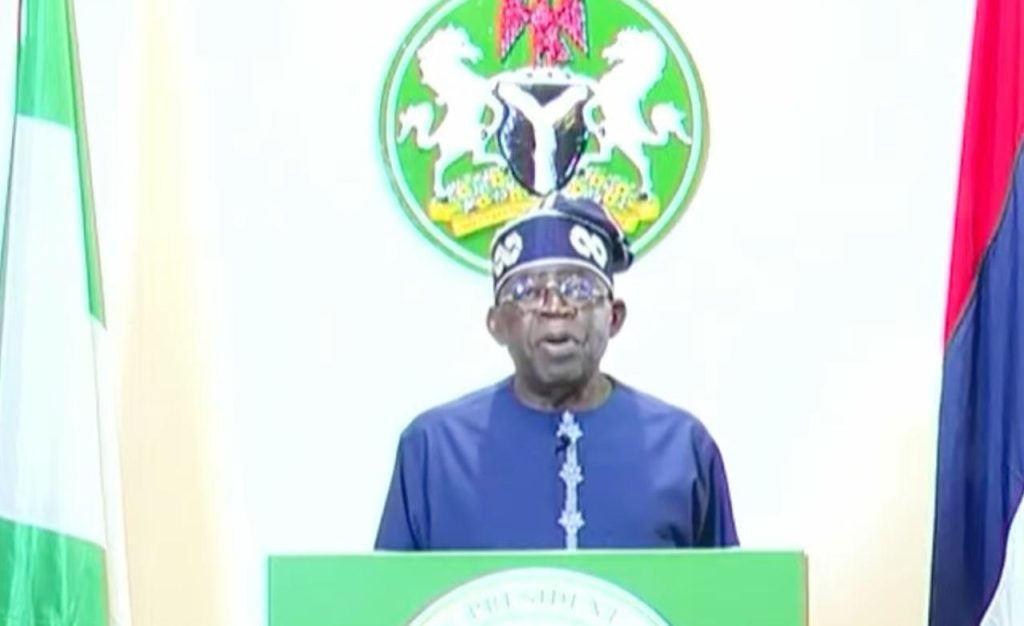-
Rates Fuel Subsidy Removal Most Devastating on Nigerians
- Safiu Kehinde
Former National Commissioner of the Independent National Electoral Commission (INEC), Lai Olurode, has harped on the need for a constitutional review as he labelled the 1999 Constitution as an albatross and obstacle to the realization of Nigeria’s full potential.
Olurode made this submission in a recent article in celebration of Nigeria’s 64th independence anniversary.
As contained in the article made available to NPO Reports, Olurode highlighted the defects of the 1999 constitution, stressing on the sole concentration of power in the hands of the President.
He called for the revisit of of 2014 constitutional review as he maintained that Nigeria under the current constitutional framework will remain redundant.
“As a country with the data (of consistent low human development indicators)that had been thrown up in sixty-four years of our existence as an independent nation, we need to urgently focus on the the structure-agency relationships.
“To me, Nigeria’ s 1999 Constitution as amended remains an albatross, an obstacle to the realisation of our full potentials. It fosters a sense of dependency between the centre government and the federating units.
“It makes the President look like a superman who can accomplish all. The fate of a country of over 200 million rests with one individual, Mr. President.
“The number of items in the exclusive list and over which only the president can exercise power is too large for an effective decision making process.
“Unfortunately, instead of a whole review and elite consensus building around an inevitable revisit of the 2014 constitutional conference, we embark on a frolic journey, indeed, a mission akin to reinventing the wheel. Nigeria, under the present constitutional framework isn’t working to meet the yearnings of the major and minority groups. Different agitations have persisted.” Olurode wrote.
The retired University of Lagos’ Professor, also decried the impact of fuel subsidy removal which he claimed had devastating impact in Nigerians.
“The removal of the subsidy on petroleum products has been the most devastating in its social and political consequences.
“The dire consequences for the social sector have been the most damaging. The poorest of the poor, the poor, the lower class and the middle class have experienced downward mobility.
“Of course, it must be admitted that President Tinubu met a country that was almost in distress. There were huge debts to be repaid, a large bureaucracy and unwieldy work force, sundry security challenges and an epileptic power supply regime.
“The reason wasn’t because the former President was weak or not strong enough. Most of the challenges smack of weak institutions and a Governing elite that is essentially unpatriotic.
National developments under the former President Muhammadu Buhari and under the current dispensation of President Bola Tinubu remain daunting and apparently insurmountable.
“If Nigeria, from 1999 to 2015 was governed by a political party which had a conservative orientation which could be argued as the reason for lethargy in governance, how can we explain our current predicaments with development?
“At the helm of our affairs is a government under the grips of a progressive party? What, then is wrong with Nigeria?” Olurode continued.
In the same vein, Olurode expressed his displeasure with Federal Government Agencies while charging the FG to desist from policies that strengthened its grip on states affairs as he made reference to the State Independent Electoral Commission (SIEC).
“Personally, I feel uncomfortable with the portrayal of the federal government and it’s agencies as the most efficient and effective.
“For example, the reforms that appeared to have paid off in INEC were of recent origin. There isn’t any guarantee that those gains cannot be reversed. There’s no assurance that SIEC (STATE INDEPENDENT ELECTORAL COMMISSION) cannot experience a turnaround and become an effective agent of the state.
“The Nigerian government should desist from policies that can strengthen the grips of the centre on the state administrations. With the natural diversity of Nigeria, a strong federal government won’t serve Nigeria’s pluralism very well.
“Our diversity must be allowed to flourish under a truly federal constitution. Unsustainable reforms that failed to take cognizance of our complexity may outlast any government that put them in place.” Olurode wrote.
Meanwhile, he urged Tinubu to revisit the 2014 constitutional review.
“I urge President Tinubu to build consensus around core areas of concerns to most Nigerians. Indeed, time is ticking fast.
“The second year anniversary of his administration is just a few months away. This regime should dust the 2014 constitutional conference report and elite consensus around its adoption as a major national issue.
“Nigeria needs to return fast to the path of strong and competitive regional government.” He added.


